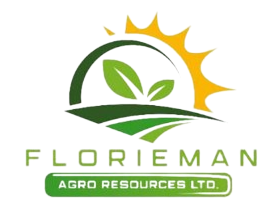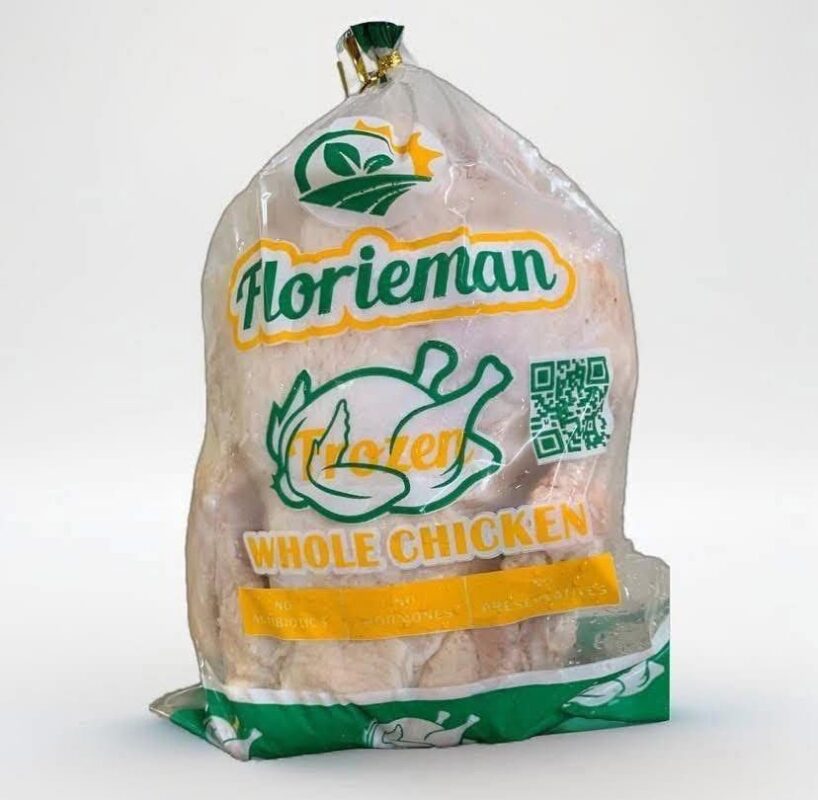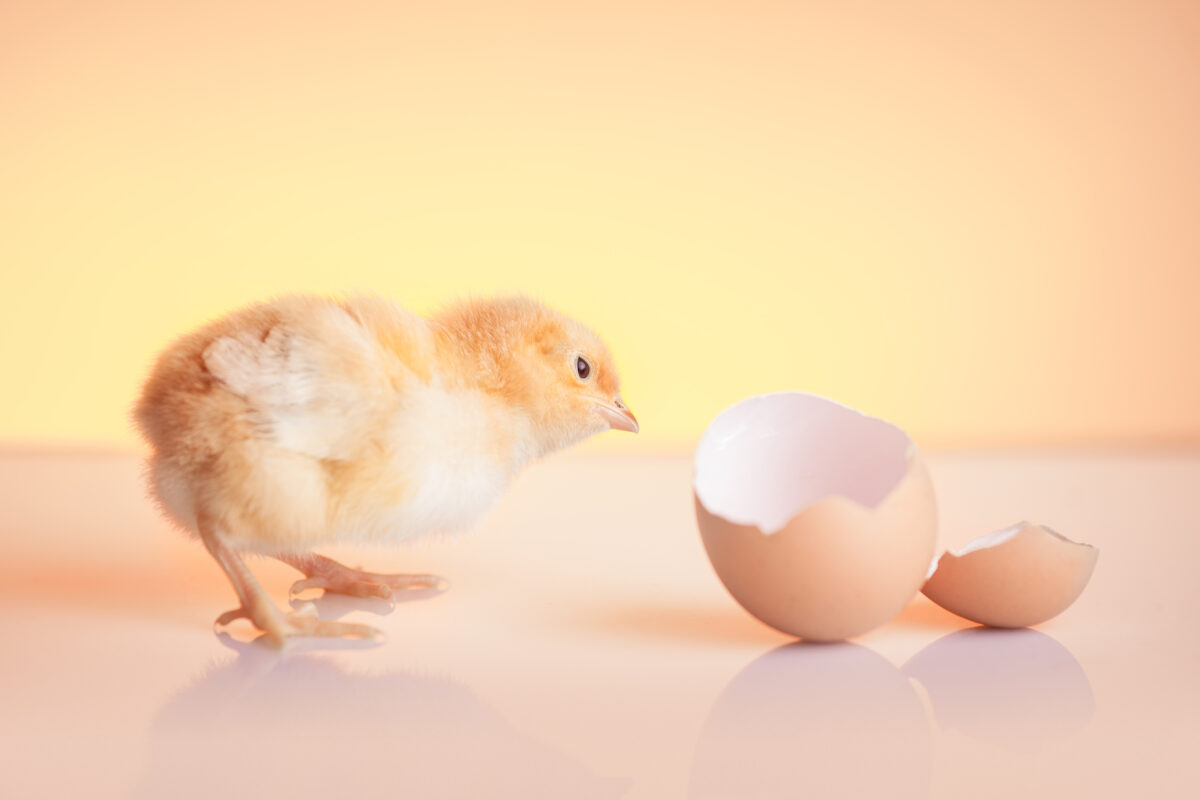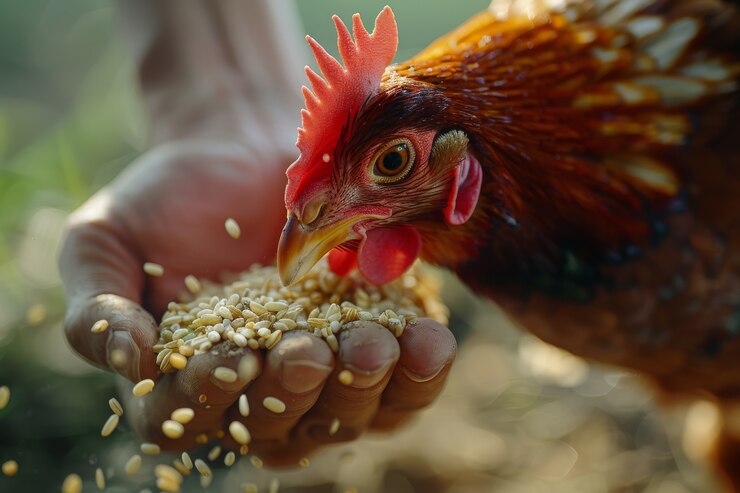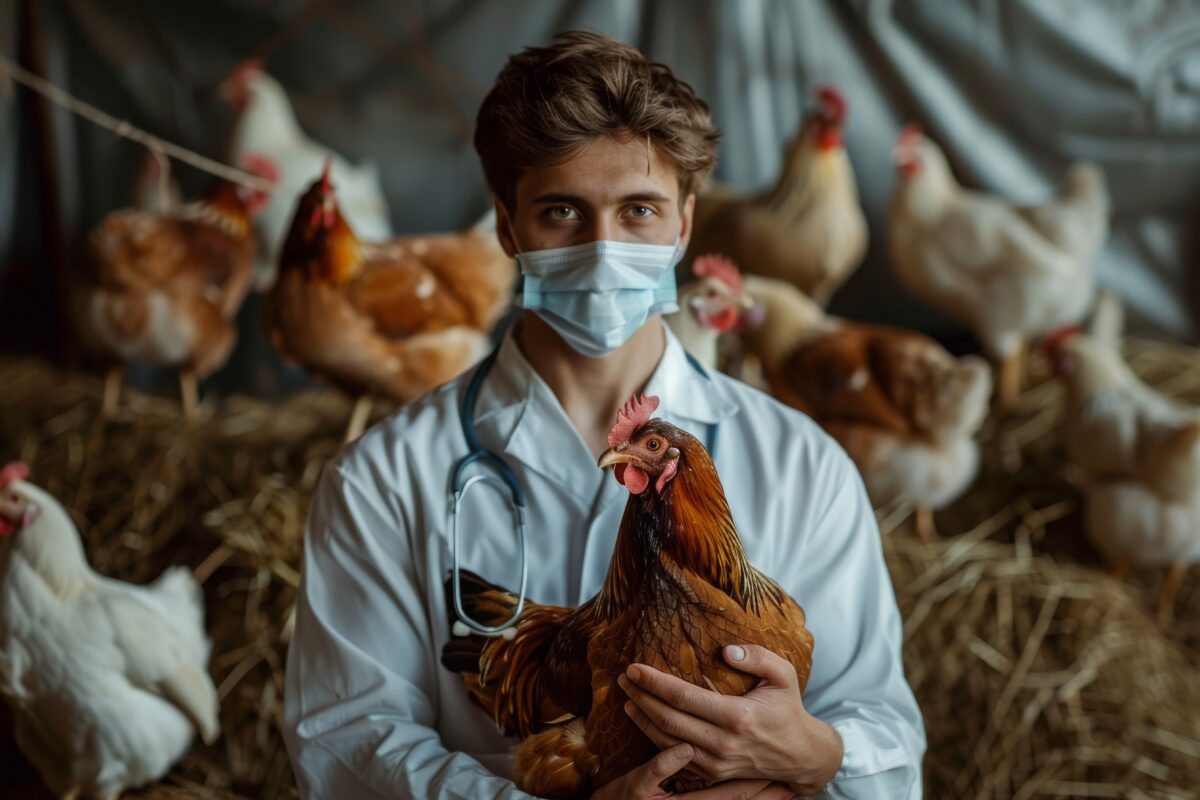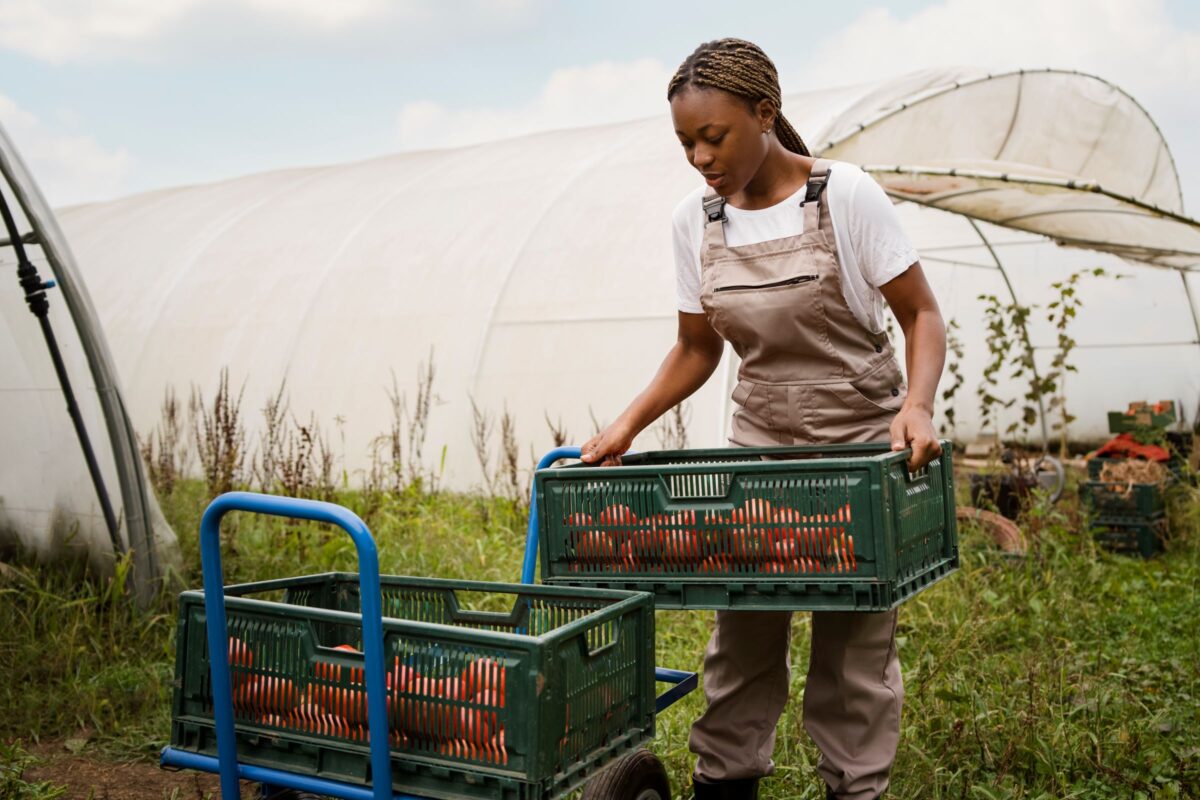Effective Strategies for Odour Control in Poultry and Fish Farming: Turning Waste into Opportunity

Managing odour in poultry and fish farming is a critical challenge for farmers aiming to maintain environmental standards, improve living conditions for animals, and foster good relationships with surrounding communities. Unpleasant odours from these farming operations not only disrupt the environment but can also signal inefficiencies in waste management. This blog explores effective strategies to control odour and turn waste into valuable resources.
Understanding the Sources of Odour
Odours in poultry and fish farming primarily originate from the breakdown of organic matter such as manure, leftover feed, and dead stock. Key contributors include:
Poultry Farms: Manure, litter, spilled feed, and decomposition of organic materials.
Fish Farms: Uneaten feed, fish excreta, and anaerobic conditions in water or sludge.
By identifying the sources, farmers can adopt targeted strategies to minimize odour generation effectively.
Effective Odour Control Strategies
Proper Waste Management
Implementing robust waste management practices is essential:
Frequent Cleaning: Regularly remove manure and other organic waste to reduce decomposition time and odour intensity.
Composting: Convert poultry manure into compost. Proper aeration during composting reduces odours and produces a nutrient-rich fertilizer.
Sludge Management: In fish farming, frequent removal of sludge from ponds or tanks prevents the buildup of anaerobic conditions.
Optimized Feeding Practices
Uneaten feed is a significant source of odour in both poultry and fish farming. Farmers can:
Use high-quality feed that is easily digestible.
Avoid overfeeding by monitoring feed consumption closely.
Store feed properly to prevent spoilage and contamination.
Aeration and Ventilation
Aerobic conditions reduce the production of odour-causing gases:
Fish Ponds: Use aerators to oxygenate water, promoting the breakdown of organic matter by aerobic bacteria.
Poultry Houses: Install proper ventilation systems to circulate air and minimize ammonia and other odour emissions.
Use of Odour Neutralizers and Biofilters
Apply odour neutralizers, such as enzymes or essential oil-based products, to reduce the intensity of smells.
Install biofilters for exhaust systems in poultry houses to trap odorous compounds before they are released into the environment.
Adopt Biogas Technology
Manure and other organic waste can be used in biogas digesters to produce energy. This not only eliminates odours but also provides an alternative energy source for the farm.
Regular Water Quality Monitoring
In fish farming, poor water quality often exacerbates odour issues. Maintain optimal water conditions by:
Regularly testing pH, dissolved oxygen, and ammonia levels.
Using water treatment solutions, such as probiotics or beneficial bacteria, to improve water quality.
Turning Waste into Opportunity
Farm waste, when managed properly, can become a valuable resource. Here’s how:
Organic Fertilizers: Poultry manure can be composted into organic fertilizers for crop farming.
Biogas Production: Converting waste into biogas provides renewable energy and reduces reliance on external energy sources.
Aquaponics: In fish farming, nutrient-rich water can be used for growing plants, creating a sustainable integrated system.
Why Managing Waste
In recent years, poultry has replaced pork as the largest meat production type worldwide. Naturally, the amount of waste is also on the increase. However, the great volume of waste can pose various problems if not managed appropriately.
Environmental impact: Poultry and other farm waste can contaminate soil and water sources with excess nutrients and heavy metals, leading to problems like harmful algal blooms.
Odours and emissions: Uncontrolled organic waste releases odours and gases like ammonia and methane, affecting air quality and potentially contributing to climate change.
Health risks: Waste can harbour pathogens like bacteria and viruses. These can spread to humans or animals through water contamination or direct contact, leading to disease and illness.
Conclusion
Effective odour control in poultry and fish farming is achievable with the right strategies. By focusing on proper waste management, optimized feeding, aeration, and innovative technologies, farmers can not only reduce environmental impact but also unlock new opportunities for sustainability and profitability.
Turning waste into opportunity transforms odour management from a challenge into a cornerstone of successful farming.
